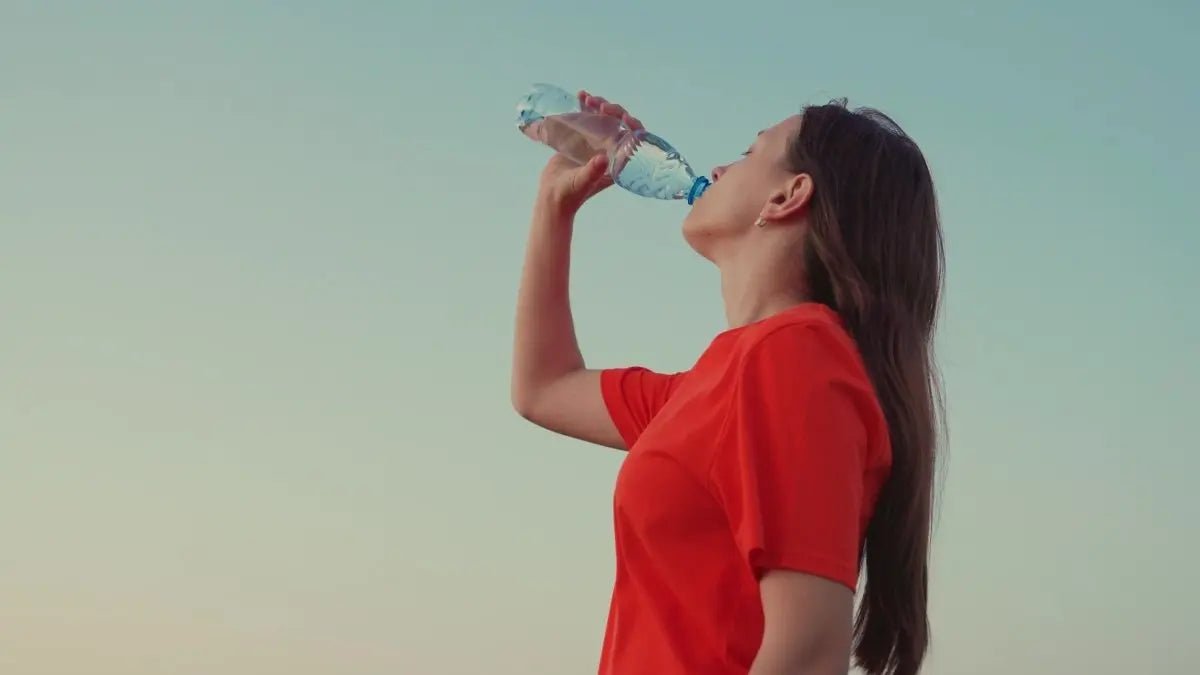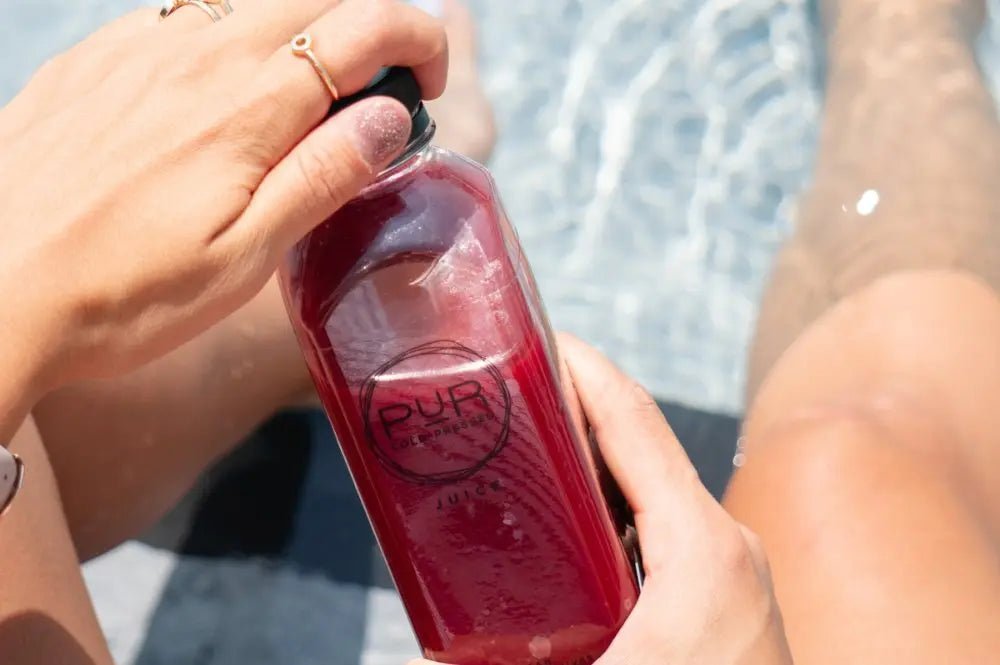Did you know your body is made up of around two thirds water?!
It sounds like a lot, but throughout the day, this supply is constantly being depleted. We all know the importance of staying on top of your hydration levels, but what about the vital body resources that live within our water reserves?
We’re talking about electrolytes.
What is an electrolyte?
Simply put, electrolytes are minerals your body needs to function.
Less simply put? An electrolyte is a substance that contains a natural electrical charge, either positive or negative. When dissolved in water, these substances chemically react to yield a powerful little thing called an ion, which is a fancy way of saying a group of atoms that carry electrical charges. These electrical charges can then be used in several different ways to power the human body.
Bet you’re glad you paid attention in science class now, huh?
So what do they do?
Electrolytes help your body to regulate nerve and muscle function, balance blood pressure and acidity, rebuild damaged tissue, and control hydration.
But what do they actually do?
Ok, back to the science lesson.
The main electrolytes your body needs are the following…
- Calcium
- Chloride
- Magnesium
- Phosphate
- Potassium
- Sodium
Let's break down what each one does!
Calcium helps send nerve signals and control skeletal muscle contraction, as well as stabilize blood pressure and strengthen bones and teeth.
Chloride regulates blood pressure and maintains the balance of bodily fluids inside and outside cells.
Magnesium regulates muscle contraction, heart rhythm, and nerve function, as well as strengthens bones and teeth.
Phosphate promotes bone growth, regulates muscle and nerve function, and is essential for the production of energy in the body.
Potassium is particularly important for regulating heart function, but it also helps move nutrients into your cells and supports metabolism.
Sodium regulates blood pressure, helps your body to send nerve signals and contract muscles, and it is vital for balancing fluid levels inside and outside cells.
How can you tell if you’re low on electrolytes?
Electrolyte imbalances are most often caused by a loss of bodily fluids, so if you’ve suffered from any excess sweating, vomiting, or diarrhea, it’s safe to say you might need a top-up. Symptoms often only start to appear once a particular imbalance becomes severe, and they can differ depending on which electrolyte your body is low on. However, some common symptoms of low electrolytes are…
- Confusion and irritability
- Fatigue
- Headaches
- Muscle cramps, spasms or weakness
- Nausea and vomiting
- Irregular or fast heart rate.
Still, it’s important to keep in mind that with a mild electrolyte imbalance, you might not notice any symptoms at all! That’s why it’s important to keep your intake high at all times. Your body is constantly losing water, which means it's losing electrolytes too! Lucky for you, one way to stay topped up is with our delicious cold-pressed juices. Our juices are rich in the hydration, nutrients, and minerals you need to keep your body topped up and fighting fit.
Basically, you don’t need to sweat it about sweating. As long as you have PUR by your side.













Leave a comment
All comments are moderated before being published.
This site is protected by hCaptcha and the hCaptcha Privacy Policy and Terms of Service apply.